TRD Issue 1 - Briefing: Welcome to The Retail Direct by 91APP

Hello,
Welcome to The Retail Direct!
This newsletter is arriving straight from 91APP. We aim to provide you with the most up-to-date trends and thorough insights in the retail industry through weekly updates.
Our newsletter consists of two series. Get ready to stay informed and ahead of the game!
- Briefing: every Tuesday, highlighting the latest news and articles.
- Insight: every Thursday, focusing on new features from 91APP, insights from industry experts, and reports you should read.
In this week’s Briefing, our recent focus is on how brands and retailers leverage AI and AI-driven chatbots. Additionally, we dive into TikTok’s e-Commerce aspirations in the West, AEON’s expansion plan in Vietnam, and the international footprint of Japan’s Ponta. We hope you find this informative and enjoyable.
Happy reading!
About 91APP
Founded in 2013, 91APP is the premier OMO (online-merge-offline) SaaS company, providing one-stop omnichannel retail solutions in Taiwan, Hong Kong, and Malaysia. It offers advanced Commerce Solution and Marketing Solution that enable retail brands to penetrate the D2C (Direct-to-Consumer) eCommerce market and drive their operational benefits to their full potential. In 2021, 91APP became the first SaaS company to be listed in Taiwan and has been named one of Taiwan's "NEXT BIG" companies by Startup Island TAIWAN.
For more information about 91APP (TWO: 6741), visit www.91app.com.
AI
OpenAI launches a ChatGPT app for iOS
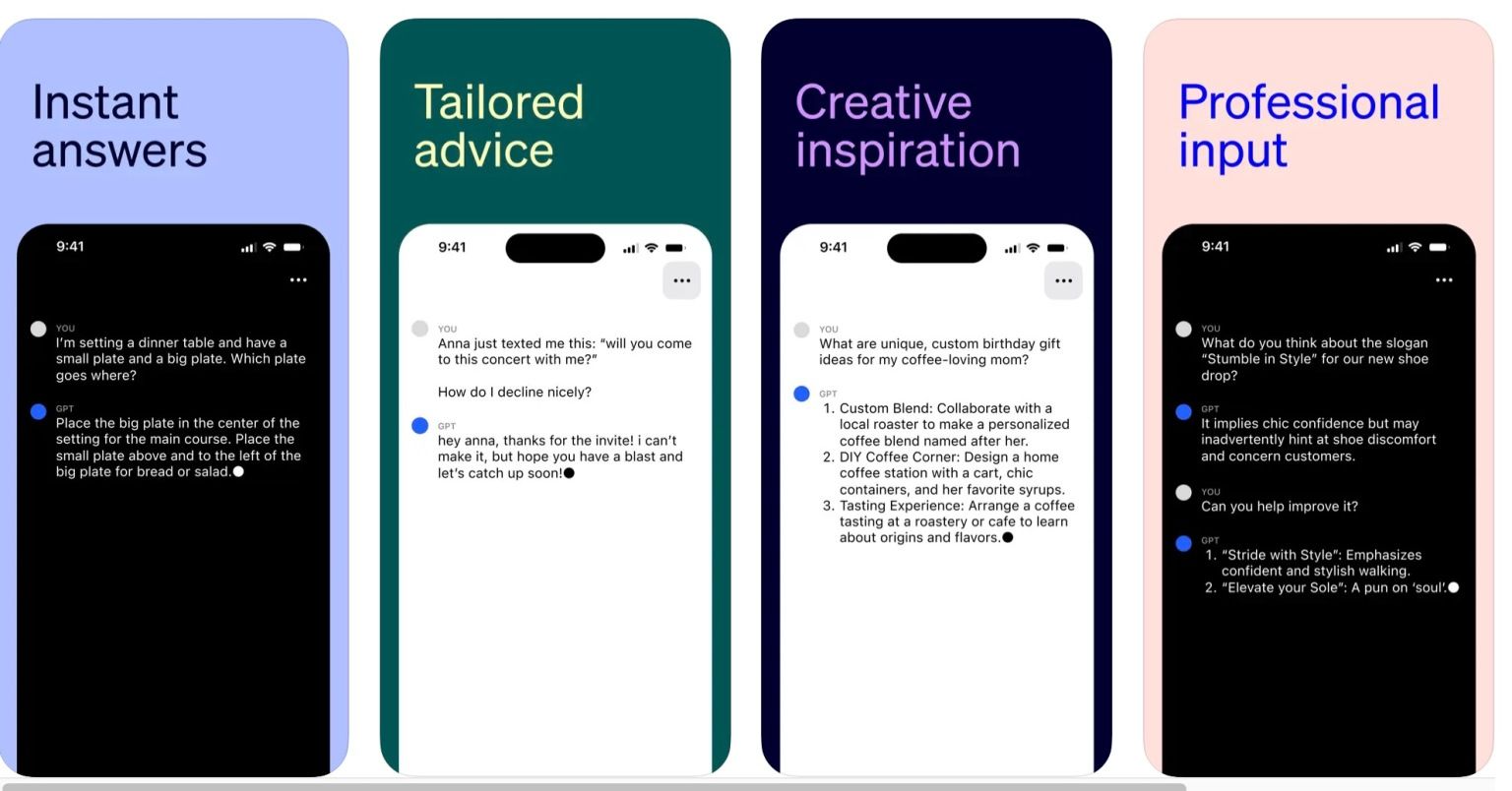
On May 18, OpenAI announced the launch of the ChatGPT mobile app, initially available on the Apple US App Store. The mobile version ensures seamless connectivity by synchronizing search history across devices, thus allowing access to past searches. Additionally, it is integrated with Whisper, OpenAI’s speech recognition system, further enhancing its voice input capabilities.
The official release of the ChatGPT mobile app is an exciting development for AI-powered conversational experiences, despite the lack of major new features being announced. Unofficial apps have already been taking advantage of ChatGPT for several months, and this official release may encourage more users to try AI assistants and inspire future entrepreneurs. The possibilities are endless!
Source: TechCrunch
TikTok is testing an in-app AI chatbot called ‘Tako’
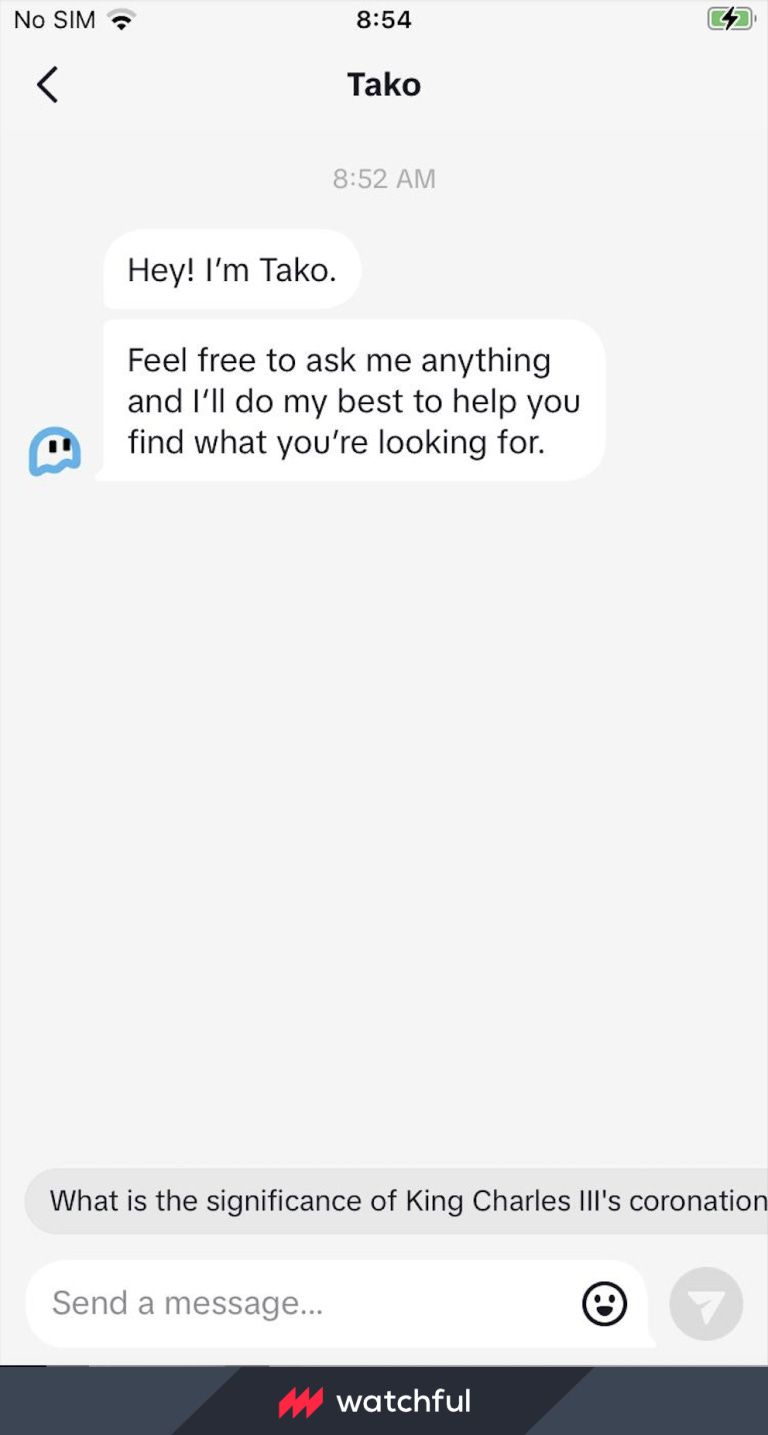
TikTok is testing its AI chatbot, “Tako,” designed to answer video-related questions and recommend new content. Currently undergoing limited testing in select markets, including the Philippines, Tako is part of TikTok’s ongoing exploration of innovative technologies to enhance user experience. The chatbot, built with an unknown third-party AI provider customized to TikTok’s needs, is still considered experimental. User interactions will be logged for safety and to refine the bot. If successful, Tako could threaten Google, potentially diverting Gen Z users from traditional search platforms.
Social media is becoming a primary source of information for teenagers, with TikTok’s Tako and other similar tools gaining popularity. This shift from traditional search engines like Google indicates a changing landscape of information consumption, where social platforms are becoming prominent hubs for learning and discovery. This digital transformation can redefine how future generations search and interact online.
Source: TechCrunch
Lazada launches ChatGPT-powered chatbot
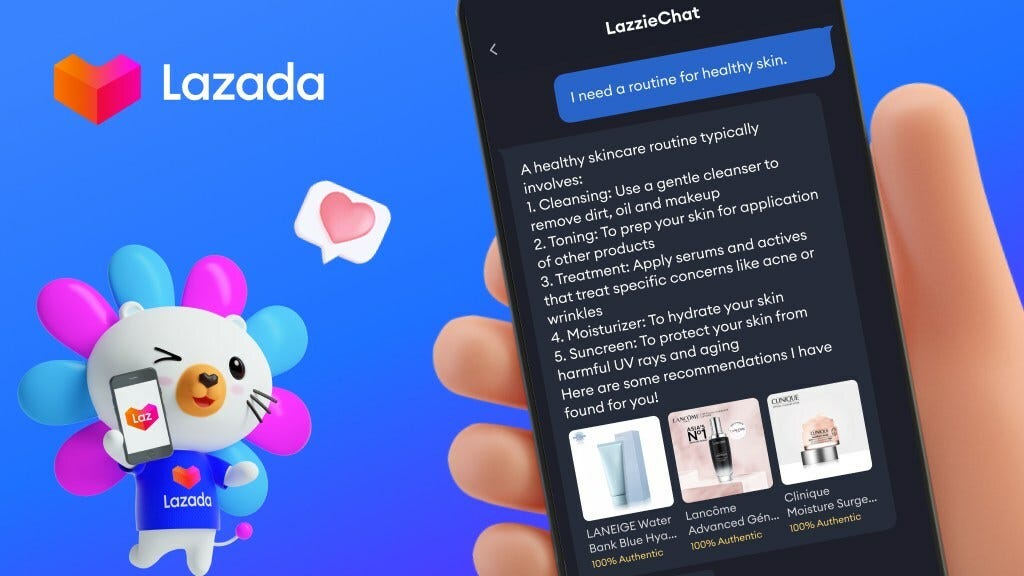
Lazada, a Singapore-based e-commerce platform, has launched LazzieChat, an AI chatbot powered by OpenAI ChatGPT. LazzieChat responds to shopping queries and offers personalized product recommendations. Currently available in Singapore, the Philippines, and Indonesia, it’s set to revolutionize the shopping experience in SEA.
LazzieChat by Lazada is a noteworthy initiative towards improving e-commerce through AI technology, providing customized shopping experiences. Unlike Tako by TikTok, LazzieChat plays a direct role in influencing purchases. Following in the footsteps of Shopify and Instacart, online vendors and marketplaces strive to integrate AI into their services, providing more personalized content. Nevertheless, the success of this approach in generating profits is yet to be determined.
Source: Tech in Asia
Retail
How Lululemon, Starbucks, and Google Boost Brand Engagement Through Community Retail
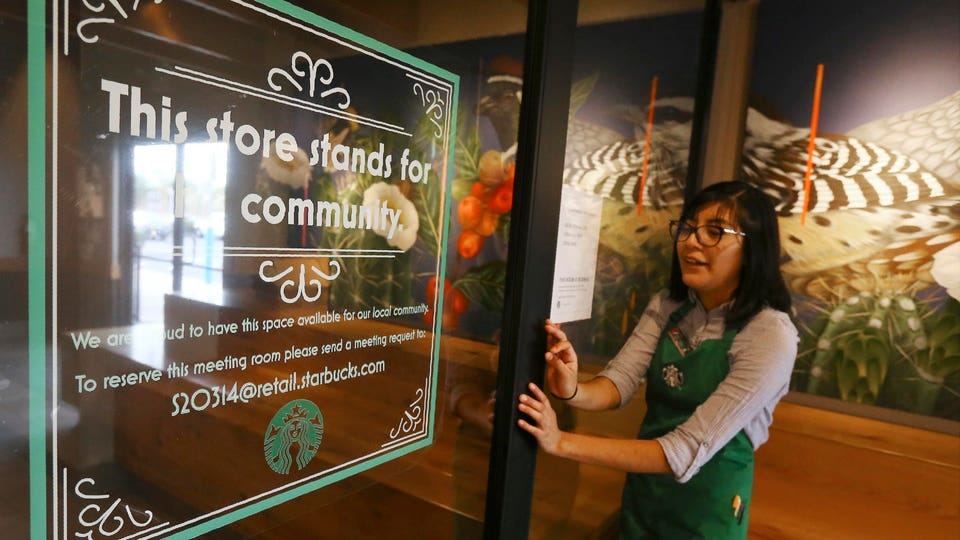
In response to the growth of e-commerce, brands like Lululemon, Starbucks, and Google are enhancing brick-and-mortar experiences through community engagement. Lululemon fosters loyalty through in-store events and wellness experiences, driving brand awareness beyond its product offering. Starbucks’ Community Store Program supports local economic and social activities, with plans to open 1,000 community stores globally by 2030. Google is redefining its retail spaces to be more community-centric, offering areas for events and workshops. Post-COVID, these people-centric retail strategies may boost brand equity, loyalty, and growth.
Brands focusing on community engagement in retail locations show a refreshing shift from product-centric to people-centric strategies. By providing unique experiences, they build stronger customer connections, driving loyalty and brand equity. After all, it’s all about customer experience.
Source: Forbes
Social
TikTok reshapes e-commerce unit in bid to crack Western markets
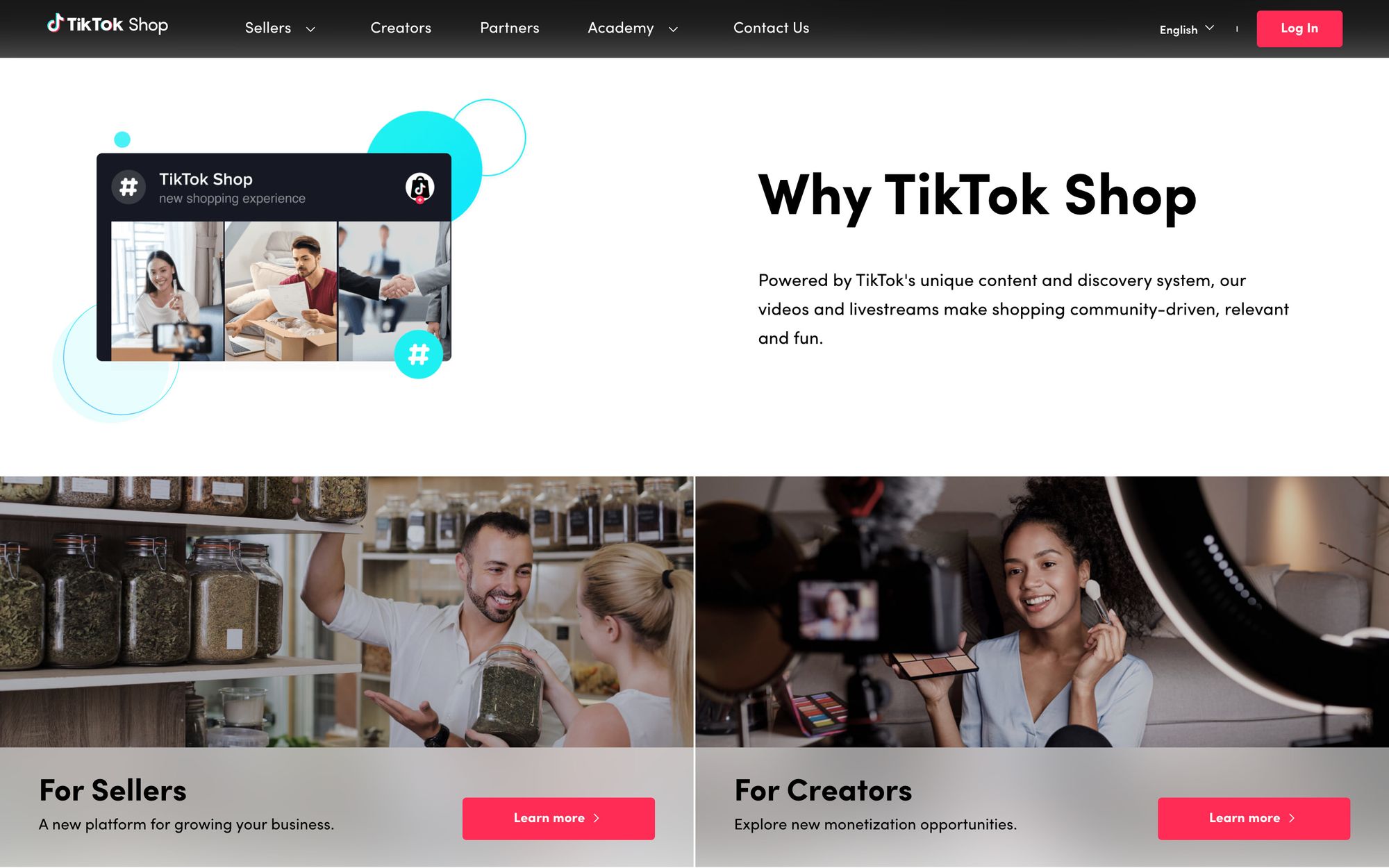
TikTok is restructuring its e-commerce business, TikTok Shop, focusing on markets like the UK and the US. Staff in Brazil and Spain are being relocated to regions where the service is already launched. The company is pausing its international expansion to concentrate on areas where its e-commerce service is live as it grapples with exporting its livestream shopping model outside of China. Despite the success of the social media e-commerce model in Asia, TikTok Shop has faced challenges in gaining traction with Western consumers. Recent changes in TikTok’s London office reflect a renewed emphasis on the project. ByteDance, TikTok’s parent company, aims to make social commerce a significant revenue source in Western markets, mirroring the success of its sister app Douyin in China.
TikTok’s strategic pivot to focus on established markets for its e-commerce platform highlights the challenges of global expansion. While successful in Asia, it’s clear that replicating this model in the West requires adaptation. A nuanced approach to cultural differences is crucial.
Source: Financial Times
Marketing
Google Marketing Live 2023: Everything you need to know
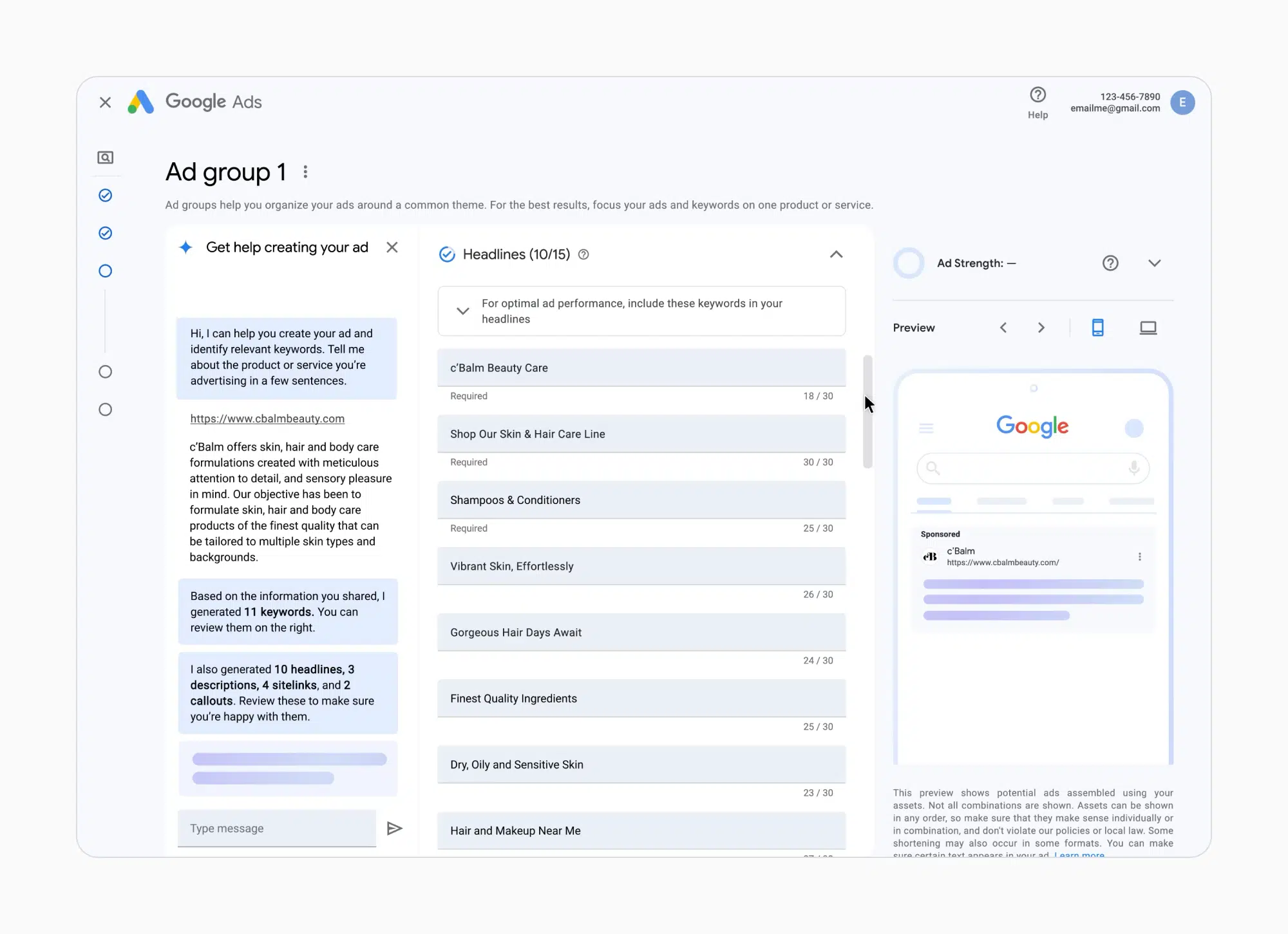
Google Marketing Live 2023 focused heavily on the integration of AI in various Google Ads features:
- Conversational AI in Google Ads Campaigns: Advertisers can now create campaigns using Google’s AI-driven chat within the Google Ads interface. The AI will assist in creating the assets, which can be edited before they go live.
- Google Search Generative Experience: This feature, introduced at Google I/O, will integrate ads directly into the Search Generative Experience, changing the location of ads from outside the conversational chat. This is still an experiment.
- Google PMax Adds Generative AI: PMax, Google’s newest campaign type, will include generative AI in the campaign setup process. The AI will assist in creating text assets and images.
- AI-Powered Assets Targeting Search Queries: Google Ads will soon generate assets automatically based on user intent in individual queries.
- Google Product Studio: This new tool allows merchants to edit product photos using Google AI, creating dynamic backgrounds, removing old ones, and enhancing low-resolution images.
- Google Merchant Center Next: Replacing Google Merchant Center by 2024, Merchant Center Next will simplify the product feed creation process by leveraging website data. It also promises an improved user interface and insights.
- New Google Ads Features: Seven new features were announced, including brand restrictions in broad match, AI in Smart Bidding, and two new campaign types — Video Views and Demand Gen.
AI was demonstrated as a tool to assist with tasks rather than replace them entirely at the event. The focus was on streamlining processes and gaining more control over automated campaigns. I think other ad platforms will likely follow suit since both Meta and Google have the same approach and incorporate AI into their platforms. Eventually, it may become a standard feature.
Source: Search Engine Land
Google opens access to Search Generative Experience

Google has started inviting users to trial its new Search Generative Experience, part of Search Labs, Google’s platform for early experiment access. Users who signed up for the waitlist are notified of their participation eligibility. Once in, they can use the generative AI-powered search experience to enhance understanding, reveal new insights, and simplify tasks.
The ongoing AI rivalry between Google and Microsoft’s Bing with OpenAI fuels innovation in search experiences. Google’s Search Generative Experience shows its commitment to AI-enhanced discovery. However, Bing and OpenAI’s advances shouldn’t be underestimated, setting up a fascinating competitive landscape.
Source: Search Engine Land
Asia
Amazon falls behind Walmart in the battle for India’s online shoppers
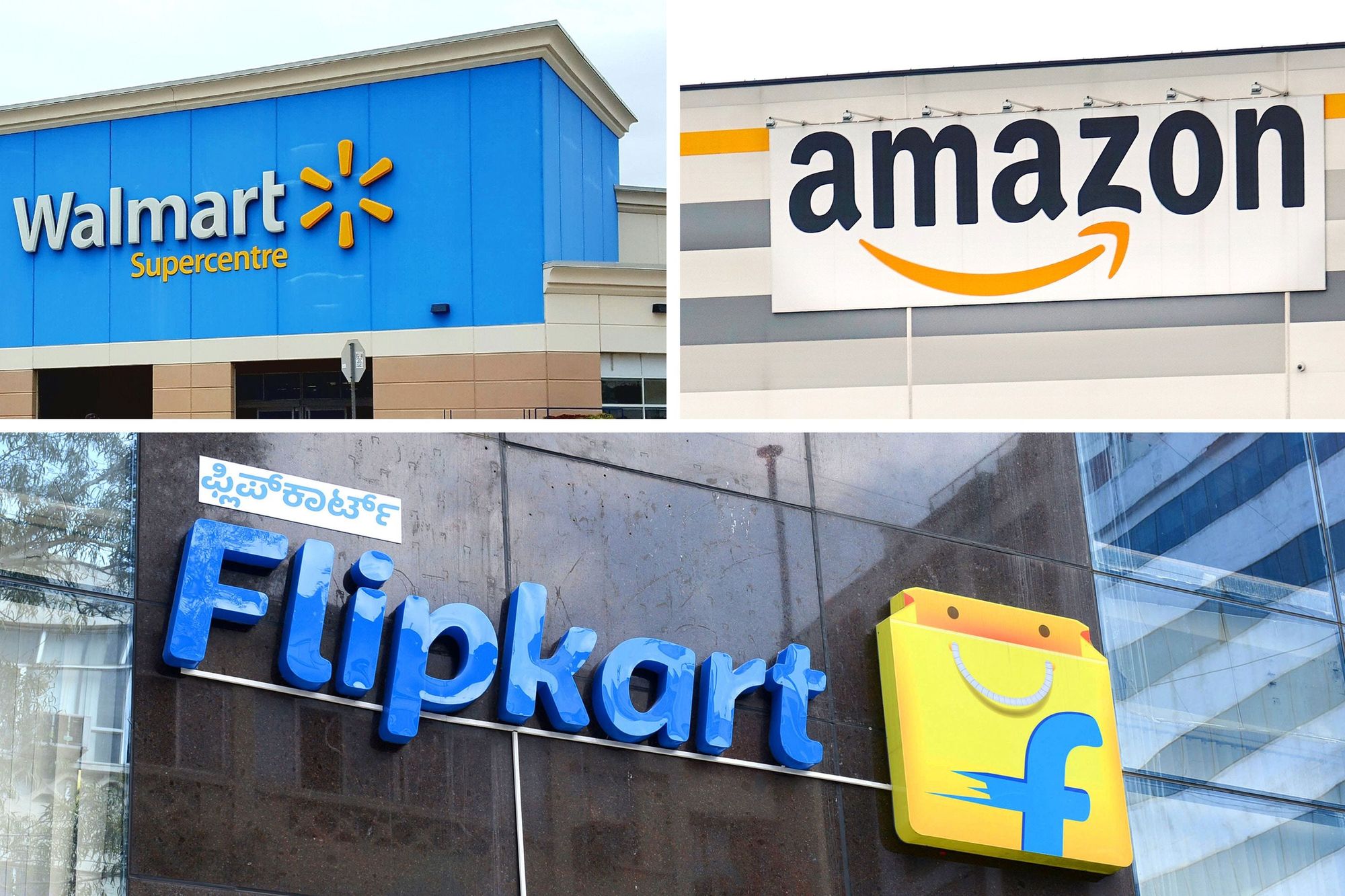
Flipkart, an Indian retailer in which Walmart invested in 2018, has shown impressive growth with a market share of 48%, surpassing Amazon’s 26%. Although Amazon’s Prime service is popular among urban customers, it falls behind in mobile phones and fashion categories. With the expansion of the Indian e-commerce market, the rivalry between these two giants is becoming increasingly fierce.
In the Indian e-commerce market, understanding local preferences and needs is critical. Walmart’s Flipkart has excelled by catering to smaller towns with affordable goods and fashion. Amazon should potentially revisit its strategy, considering more localized offerings and prioritizing categories where it currently lags.
Source: Financial Times
Aeon plans to develop 20 more shopping centers in Vietnam
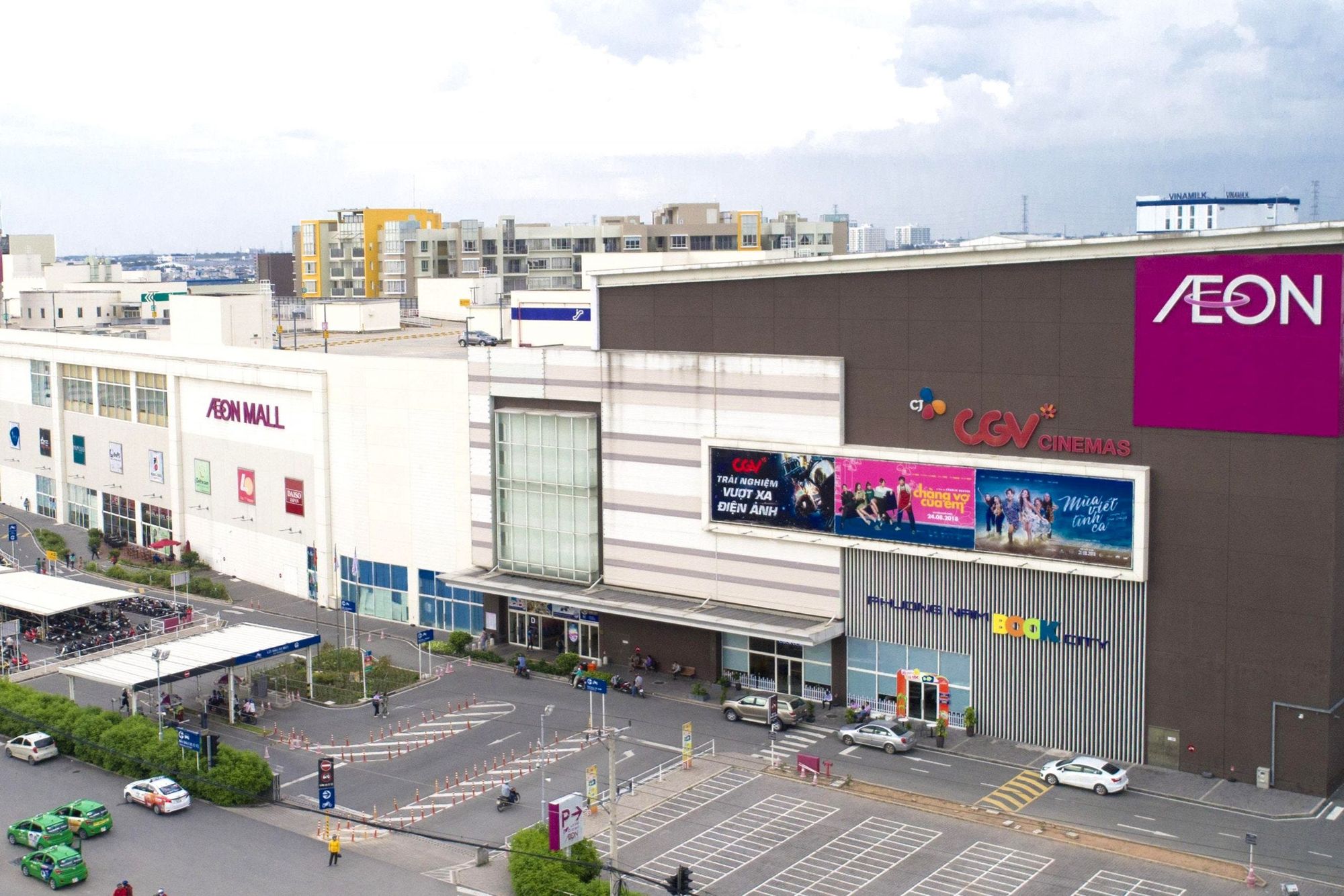
Japanese retail giant Aeon plans to expand its presence in Vietnam by opening 20 new shopping centers, following an investment of over $1.18 billion. The announcement was made by Aeon Group’s executive chairman, Akio Yoshida, during a meeting with Vietnam’s Prime Minister. The expansion will focus on supermarkets and entertainment centers. Aeon also intends to import Vietnamese products for distribution across 20,000 trade centers in Japan, further strengthening bilateral trade relations.
Aeon’s significant investments in Vietnam’s retail sector reflect the country’s robust economic growth and immense potential. Vietnam’s GDP growth rate has consistently outperformed regional peers, reaching 5.8% in 2023, the second highest in ASEAN. Its retail market is projected to expand at a CAGR of 10.4% between 2021 and 2026.
Aeon's success in Vietnam's retail sector can be attributed to its strategy of building and leasing its own properties to other businesses. This approach allows them to control their operations and maximize their revenue. In contrast, the recent bankruptcy filing of Malaysian retailer Parkson in Vietnam highlights some foreign retailers' challenges in navigating the local market. Aeon's prudent business model and understanding of the Vietnamese market dynamics have positioned them for long-term success in this thriving economy.
Source: Insider Retail
Ponta initiates partnership with Taiwan’s OPEN POINT and Vietnam’s Utop
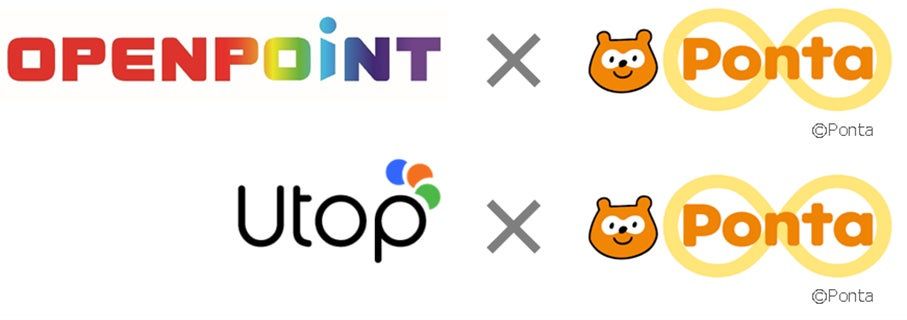
Loyalty Marketing, the operator of the universal point service “Ponta,” has announced a partnership with Taiwan’s “OPEN POINT” and Vietnam’s “Utop,” enabling mutual use of their services. Starting May 31, 2023, visitors from Taiwan and Vietnam can accumulate and use Ponta points in Japan, enhancing the convenience for inbound tourists, particularly from the growing Asian market. This summer, the service will extend to outbound tourists from Japan visiting Taiwan and Vietnam. The initiative aims to provide a borderless standard point service to both inbound and outbound travelers, further expanding Ponta’s “convenient, economical, and fun” world.
Ponta’s strategic partnership with OPEN POINT and Utop is a visionary move, solidifying its position among Japan’s top 3 loyalty programs. This cross-border collaboration enhances customer experience, fostering global loyalty.
Source: PR Times





Comments ()